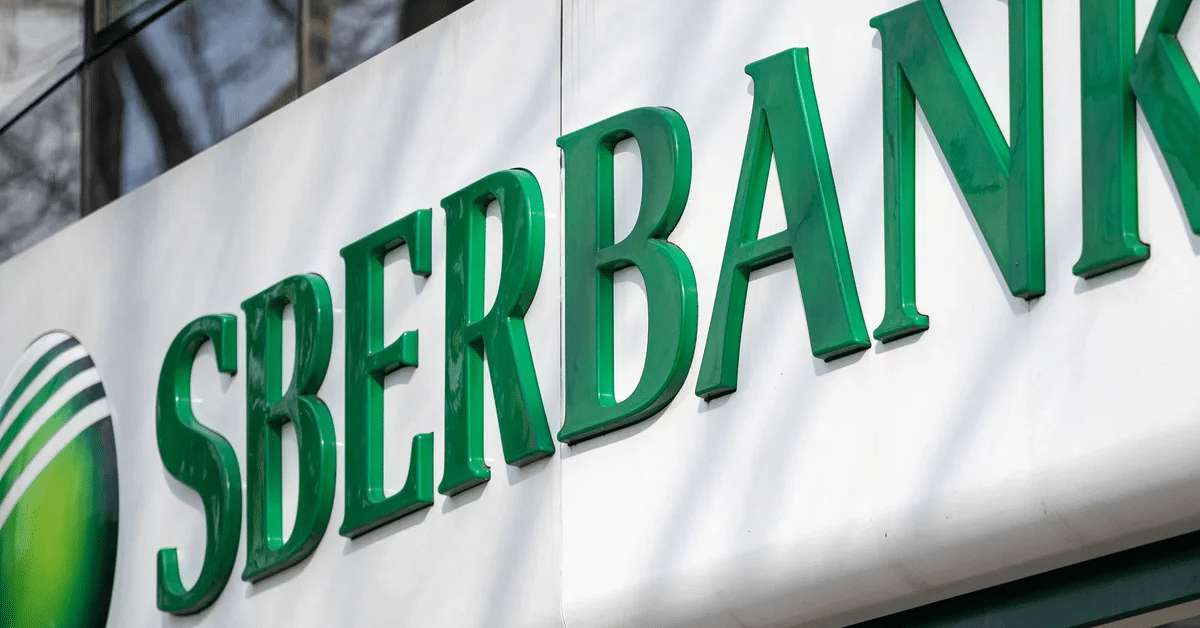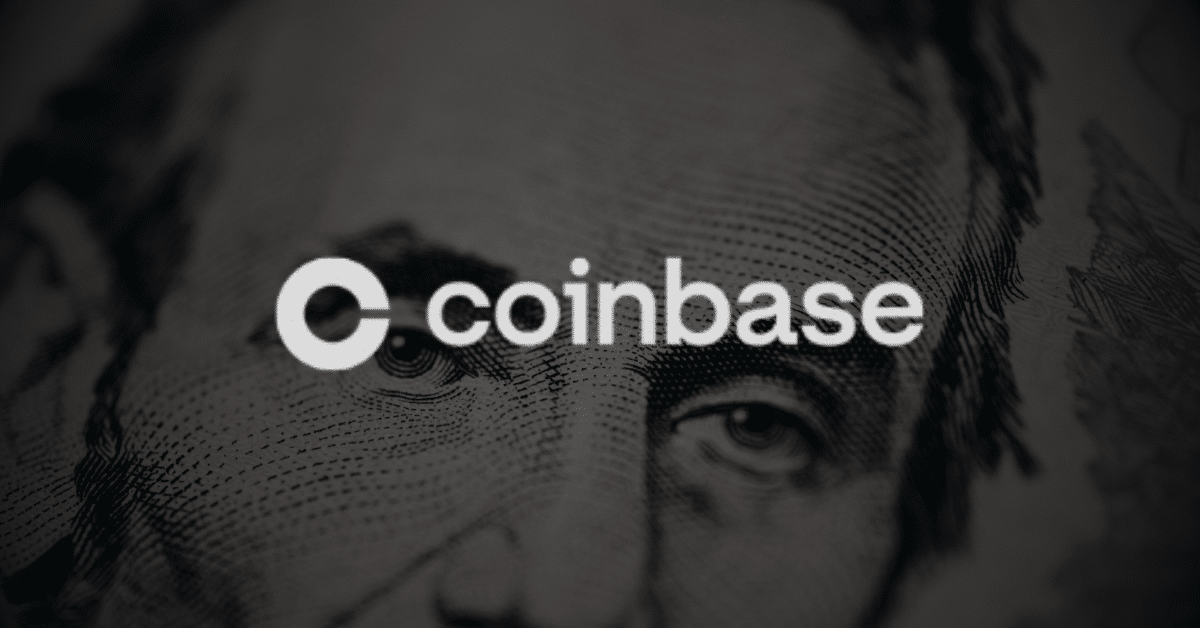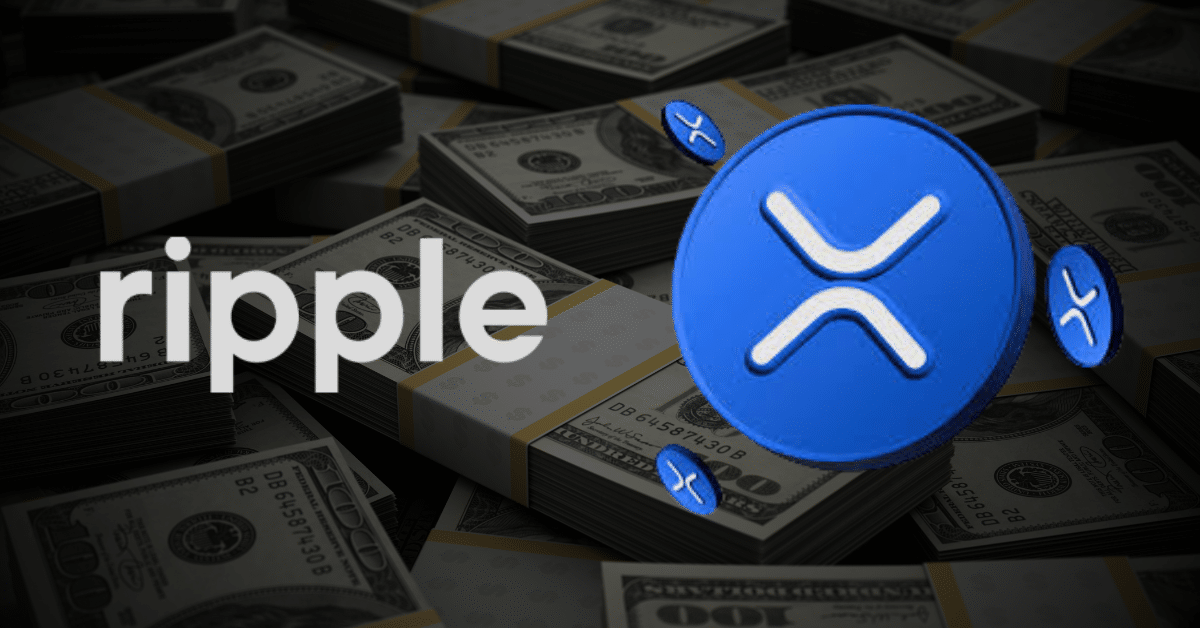Key Takeaways
- Russia has launched a legal pilot for crypto trading, targeting highly qualified investors.
- Sberbank is being positioned to become the official market maker and liquidity provider.
- The Russian Central Bank will permit ETF-style crypto products, subject to strict oversight.
The Central Bank of Russia has mooted a plan to launch a regulated cryptocurrency investment targeting elite crypto investors through a new pilot program, which will include the development of ETF-style crypto products.
According to a report by media platform RBC, the exclusive framework will allow a select group of elite investors and institutions to conduct cryptocurrency trades within a regulated “legal sandbox,” where Sberbank, the country’s largest bank, will offer support by taking on the role of a market maker and liquidity provider.
Experimental Legal Regime
The report further revealed that the Central Bank of Russia had already established an experimental legal regime (ELR) that allowed limited crypto trading, targeting a small group of “super-qualified investors” defined by their high income and substantial digital asset holdings.
Commenting on the development, Alexander Zozulya, Director of the Global Markets Department at Sberbank, revealed that the Russian Central Bank had tapped the institution to participate in a pilot program, becoming the designated liquidity provider and market maker on regulated Russian platforms. According to the official, the platforms involved will offer direct crypto access only to investors who meet stringent criteria. Zozulya stated:
“The Central Bank has taken an important step by announcing the development of an ELR for crypto transactions […] we expect the launch of a regulated crypto sandbox, where top-tier investors will be permitted to operate directly with digital assets.”
Elite Group of Traders
According to the Russian Central Bank, only individuals with financial assets exceeding $1.25 million or an annual income of over $650,000 would qualify to join the elite group of traders. The report further revealed that existing qualified investors may also be included, while financial institutions would have to meet further regulatory requirements to participate.
The bank added that the ELR will operate for at least three years. During that period, the government’s regulatory bodies will assess the risks involved, refine the legal parameters, and develop the requisite infrastructure. Reports indicate that the Russian Central Banks and the Duma were currently analyzing eligibility criteria and necessary legal amendments.
Western-Style ETF Products
Zozulya also explained that Sberbank had already developed its infrastructure and was only awaiting regulatory approval to launch new investment products. He revealed that the product offerings would not require inclusion in the ELR, as they do not involve direct crypto ownership but would resemble the Western-style exchange-traded funds (ETFs), exposing investors to cryptocurrencies such as Bitcoin and Ethereum. Other potential tools include digital financial assets (DFAs) and mutual funds, as those products allow investors to benefit from crypto market movements without holding the assets.
Conclusion
Even as the Russian Central Bank considers introducing ETF-style crypto products into the local financial market, investors will be watching closely how the entire program unfolds. Some issues need to be addressed, including how the bank will provide liquidity instruments. However, the successful implementation of the ELR will depend on how regulators and market participants manage these challenges.
Frequently Asked Questions
Are crypto ETFs digital assets?
Crypto ETFs are a type of exchange-traded fund that provides exposure to cryptocurrencies and digital assets, allowing investors to buy and sell shares of the ETF on traditional stock exchanges.
How do crypto ETFs work?
Cryptocurrency exchange-traded funds (ETFs) track the price performance of cryptocurrencies by investing in a portfolio linked to their instruments. Like other such funds, crypto ETFs trade on regular stock exchanges, and investors can hold them in their standard brokerage accounts.
Are crypto ETFs a good investment?
While crypto is generally seen as a high-risk, high-reward opportunity, and crypto ETF margins may not be as large as owning your crypto tokens, the option to invest in crypto indirectly through ETFs is something that some investors find appealing.























